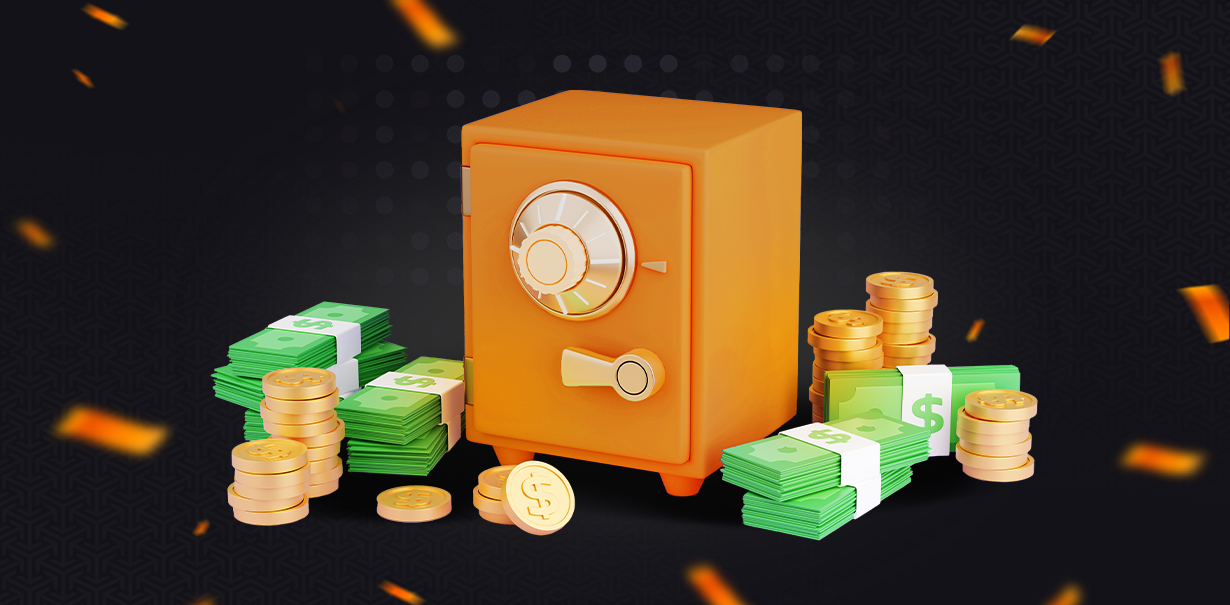How do iGambling affiliates get paid?

All about Affiliate Marketing Payment Methods
Affiliates often encounter various affiliate marketing payment methods when they begin promoting gambling platforms. These methods can include revenue share, CPA (cost per acquisition), or a hybrid model combining both. Below are some typical arrangements affiliates may come across when starting out:
- Revenue Share: Receives a percentage of generated net revenue from referred players.
- CPA: Earns a fixed amount for each new depositor or active bettor.
- Hybrid: Merges aspects of both, offering a portion of net revenue plus a one-time commission.
Choosing the right payment strategy typically depends on risk tolerance, traffic sources, and long-term growth goals. Those with higher volumes and well-targeted audiences might excel with a revenue share arrangement, while affiliates testing new markets might gravitate toward CPA for its immediate payouts. Some programs even adjust percentages or payouts based on performance tiers, rewarding affiliates who consistently drive quality traffic. Striking the right balance between guaranteed income and potential upside forms a core challenge in selecting the best agreement.
How Much Do Casinos Pay: Regional Regulations
Addressing the question of how much do casinos pay requires an understanding of regional regulations, platform budgets, and affiliate negotiation skills. Typically, bigger and more established brands offer competitive rates to secure top-tier promotional partners. Smaller venues, on the other hand, may need to stand out with attractive deals if they aim to capture attention in a crowded market. Despite these variations, most commissions fall within standardized ranges that affiliates can investigate before joining a particular network or operator.
| Casino Type | Typical Payout Range | Common Models |
|---|---|---|
| Large International | Identify leads most likely to convert | Revenue Share, CPA, Hybrid |
| Mid-Sized Regional | Flags sudden traffic or sales changes | Revenue Share, CPA |
| Emerging/Specialty | Groups of users based on real-time data | Revenue Share, Flat Fees |
While this table offers general benchmarks, exact figures can vary widely based on seasonal promotions, platform performance, and an affiliate’s negotiating leverage. It’s crucial to keep monitoring the market, as operators may adjust rates to reflect new features, user acquisition goals, or changing trends in player demographics.
Standard Affiliate Commission model
Focusing on the standard affiliate commission model reveals that most iGambling partnerships feature a baseline revenue share ranging from 20% to 35%. This approach offers a level of reliability, as affiliates can anticipate earnings tied to player spending over time. Beyond the base rate, incentives like performance tiers, loyalty bonuses, and retention benchmarks can lift the commission rate into higher brackets. Many affiliates find that a well-managed, loyal player base can yield substantial income in a shorter period once they surpass certain volume thresholds.
Risk allocation in a constantly changing market
Still, the profit curve is not strictly linear, since user deposit frequencies and churn rates influence monthly payouts. Some operators also deduct certain fees, such as payment processing costs or licensing expenses, before calculating net revenue. While these deductions might narrow margins, they’re a reasonable part of the risk-sharing agreement in an ever-shifting market. Affiliates who remain aware of these potential reductions can tailor their traffic acquisition strategy to ensure that net revenue still meets their expected benchmarks.
When deciding on a standard commission route, affiliates should compare multiple programs, read reviews, and consult peers for real-world insights. Different brands will offer distinct advantages, from robust marketing tools to personalized affiliate support. Others might allow flexible commission structures that adapt if your traffic sources change. This variety underscores how thoroughly researching your options can have a significant impact on your earnings and growth trajectory.
Variants Affiliate Payment Methods
In the iGambling sphere, there is no shortage of affiliate payment methods designed to accommodate diverse financial preferences. Each operator typically provides a range of options, from direct bank wires and e-wallets to crypto-based transactions. Below is a sample list of popular payment channels affiliates often rely on:
- Bank Transfers: Traditional, secure, yet sometimes slower for cross-border transactions.
- E-Wallets: Instant transfers using services like Skrill, Neteller, or PayPal.
- Cryptocurrencies: Bitcoin, Ethereum, or other altcoins for swift, private payouts.
For affiliates prioritizing convenience, e-wallets stand out as they combine speed with reasonable fees. Meanwhile, crypto options entice those valuing privacy or eager to avoid certain regional banking constraints. Before finalizing your choice, consider transaction costs, currency conversions, and wait times for each method. By weighing these factors carefully, affiliates can optimize their payout experience in alignment with personal and business needs.
Hybrid solutions
Some programs offer hybrid solutions, letting affiliates split their payments among multiple channels — for instance, a partial wire transfer for consistent billing and a crypto portion for opportunistic trading. As more operators embrace global markets, they often support a larger variety of currencies to reduce friction for international partners. This flexibility helps avoid lengthy delays or steep exchange rates, which can erode monthly earnings. Ultimately, a well-aligned payment method can save valuable time and potentially reduce operational headaches eventually.
Affiliate Program Payment Methods: Specific requirements
Shifting focus to affiliate program payment methods, many networks tailor their billing options to match the specific demands of diverse verticals and territories. Some formal programs, especially ones operated by major brands, mandate set schedules — like monthly payouts — after affiliates meet a designated minimum threshold. Others boast on-demand disbursements, letting marketers withdraw earnings once they surpass a smaller limit, offering more control over cash flow. Additionally, some advanced setups feature automated systems, where triggered events — such as hitting a defined revenue milestone — initiate payments without manual approval.
Complexities arise when affiliates promote multiple operators with different schedules and payout policies, potentially juggling several forms of currency. An effective way to manage these variations is to centralize your transactions, using aggregator systems or specialized platforms that track all balances in one dashboard. This approach simplifies oversight, reducing the risk of missed payments or overlooked opportunities to withdraw funds. For affiliates, particularly those scaling up their campaigns, organization is a must, ensuring that high volumes of micro-payouts don’t become chaotic.
Partnerships with specialized hubs like Affiliate Guru can streamline these processes by offering dedicated support and aggregated performance tracking. Acting as a liaison between operators and marketers, such hubs provide transparent analytics, unified reporting tools, and expert advice on maximizing returns. Affiliates benefit from curated deals with trusted casinos, saving time in the vetting process.
Conclusion
Compensation in the iGambling sector extends far beyond a simple flat rate, encompassing revenue shares, CPA models, and a host of nuanced hybrid arrangements. Affiliates adept at navigating these systems stand a better chance of locking in lucrative, stable deals that reward both traffic volume and quality. By blending practical payment methods with an awareness of operator-specific rules, you can craft a tailored approach to payouts that aligns with your business strategy. Ultimately, the path to robust earnings lies in combining strategic foresight, clear communication, and flexible negotiation tactics that resonate within this vibrant, ever-evolving industry.
What is the commission for a gambling affiliate?
It typically varies between 20% and 40% of the net revenue, depending on the operator’s policy and the affiliate’s performance. Some programs offer even higher rates or monthly bonuses if you consistently drive large volumes or high-value players.
How do you earn affiliate income?
Affiliates earn income by directing traffic to gambling platforms and receiving payouts when those visitors convert into depositing players. From there, you can either be paid a one-time fee, a share of the revenue generated, or a combination of the two, depending on your chosen commission model.



